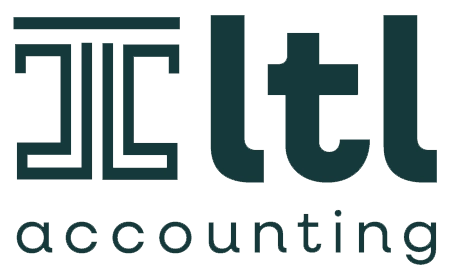When it comes to purchasing a rental property, one of the key decisions is whether to buy it in your own name or through a limited company. Both options come with pros and cons, and your choice will depend on factors such as your financial situation, investment goals, and long-term plans.
Buying Personally
For many first-time landlords, buying property in their own name is the default option. Below are some of the key considerations:
Mortgage Access: Lenders typically offer better mortgage rates for individuals, especially for first-time buyers. Your personal income and credit history will be the main factors in securing the loan.
Taxation: Rental income is treated as personal income and taxed at your marginal rate, which can be as high as 45% for higher earners. This means your profits are taxed at your personal income tax rate. Tax relief for mortgage interest is restricted to 20%.
Capital Gains Tax: When you sell the property, you will pay Capital Gains Tax on any profit, which can be as high as 28% for higher-rate taxpayers.
Simplicity: Buying property in your own name is generally simpler, with fewer administrative steps. There are no ongoing compliance requirements beyond filing your tax returns.
Buying Through a Limited Company
Buying through a limited company can offer a range of benefits, particularly in terms of tax efficiency and long-term planning. Here is what you need to know:
Mortgage Access: While mortgages for companies can be slightly more expensive, they remain competitive. Lenders will assess the financial health of the business rather than your personal credit history, so it is important to have a solid business plan.
Tax Efficiency: A significant advantage of purchasing through a limited company is the corporation tax rate, which is currently lower than personal income tax rates. You can also deduct expenses like mortgage interest, maintenance costs, and management fees before calculating your taxable profits.
Dividend Flexibility: As a shareholder in the company, you have the option to take profits as dividends rather than salary, which can be more tax-efficient.
Inheritance Planning: Transferring property held by a limited company can be more tax-efficient when it comes to inheritance planning, especially if structured with shares and trusts.
Additional Administrative Work: Operating a limited company requires ongoing administrative tasks such as annual filings, accounts, and compliance with company law. This can be time-consuming and requires careful management.
Which Option is Right for You?
Buying Personally is often the best choice if you’re just starting out, don’t have a high personal income tax rate, or prefer a straightforward process with minimal ongoing responsibilities.
Buying Through a Limited Company may be a better option if you plan to build a larger property portfolio, want more tax efficiency (for example, you are a higher rate taxpayer), or need to protect your assets. This structure is particularly beneficial if you are an experienced investor looking for long-term growth.
Choosing whether to buy a rental property personally or through a limited company depends on your financial goals, tax situation, and future plans. Contact us today to ensure you make the right choice based on your individual circumstances.



